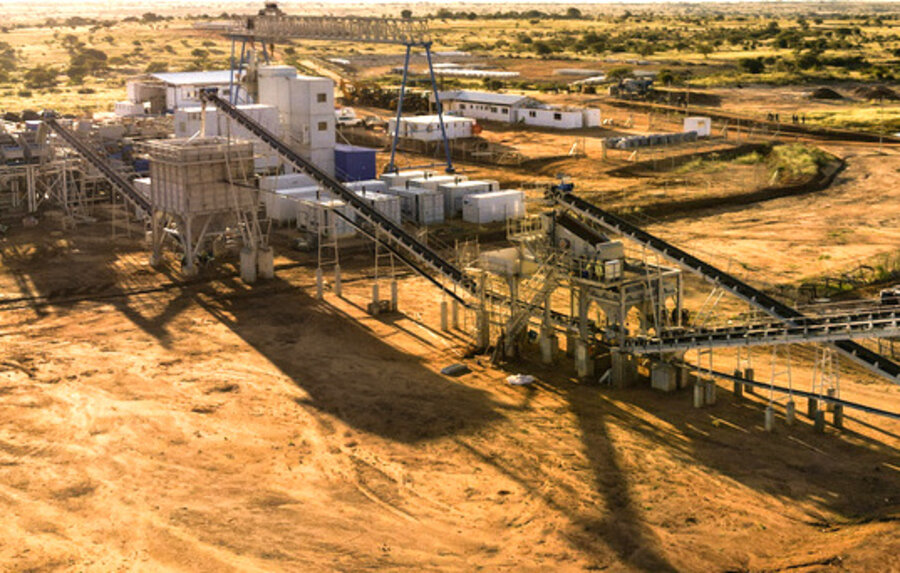Shoots of green integrity
Loading...
World leaders gathered in Paris on Thursday to help low-income countries shift toward a post-carbon future. The effort is up against at least one big obstacle: The cost of borrowing for poorer nations is two times higher than for richer ones. At the same time, many of these countries are also major sources of strategic metals used in green technologies like batteries and solar panels. That points to another obstacle: how to safely extract the metals for a country’s financial benefit without an upsurge in corruption.
In response to these issues, more companies and countries are adopting stronger codes of conduct that call for transparency as well as a financial concern for communities where the metals are found. The trend is nascent, but it shows that the threat of “green corruption” can be turned into an opportunity for honest governance.
“Just including a clause in a legal contract isn’t going to tackle” corruption, says Hannah Koep-Andrieu of the Organization of Economic Cooperation and Development (OECD). “That interplay between individual responsibility ... but also working collectively to try to address the challenge at large is definitely one that we’re seeing across sectors.”
Global demand for green-tech metals like cobalt, nickel, and lithium will increase as much as thirtyfold by 2040. Already, 1 in 5 cases of transnational bribery occurs in extractive industries – oil, metals, timber, metals – according to the OECD. The International Monetary Fund found that illegal tax avoidance by mining sector companies costs sub-Saharan African countries from $470 million to $730 million in lost revenue annually.
Many of the countries where green supply chains are most vulnerable to corruption, conflict, and human exploitation like child labor lack the capacity to counter these risks through regulations or law enforcement.
But weak law enforcement does not necessarily mean a lack of political will. More than 50 countries have signed on to an integrity standard known as the Extractive Industries Transparency Initiative. These countries commit to working with businesses and civil society to ensure transparency in data, contracts, and corporate ownership.
Statkraft, the largest generator of renewable energy in Europe, applies their own standard of transparency and human rights protection in the 20 countries where it has projects. “You cannot work on corruption in one way and human rights breaches in a completely detached, separate way,” said Maja de Vibe, a senior vice president of Statkraft. The only solution is “to build capability not just within government, but also within civil society, and have that combine with responsible business practices.”
The vocabulary around climate change tends to emphasize vulnerability and inequality. Yet the pursuit of a greener future is fostering integrity in business and governance, drawing humanity together to uplift both the environment and poorer nations.







